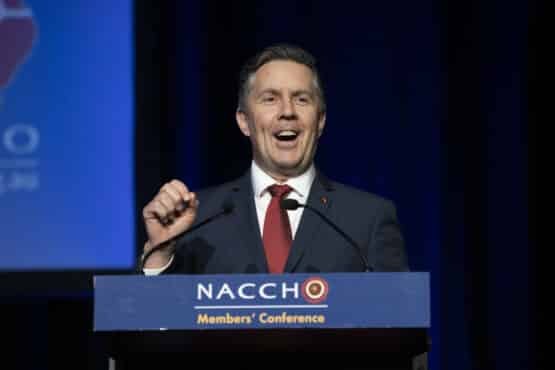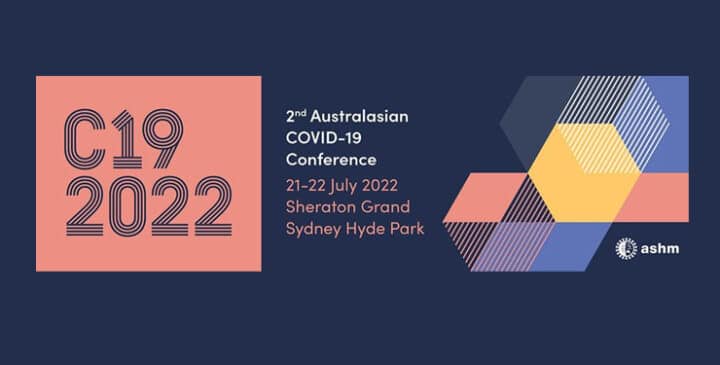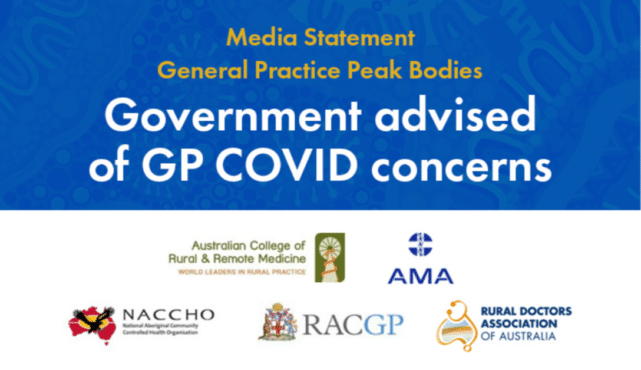

NACCHO Submission: The Australian Government’s response to the COVID-19 pandemic
Overview
The COVID-19 virus has exposed the vulnerability of Aboriginal and Torres Strait Islander people to pandemics. Generations of systemic and ongoing provision of inadequate housing and infrastructure, overcrowding, and social disadvantage, and the high prevalence of comorbidities among Aboriginal and Torres Strait Islander people contribute to higher mortality in Aboriginal and Torres Strait Islander people. Over 50% of all Aboriginal and Torres Strait Islander adults have one or more chronic diseases which places them at high risk of serious COVID-19 infection. During the COVID-19 pandemic, these factors make Aboriginal and Torres Strait Islander people one of the most vulnerable populations to the COVID-19 virus. If COVID-19 gets into Aboriginal and Torres Strait Islander communities, the consequences could be catastrophic.
The Australian Government, along with its counterparts in the States and Territories, has recognised Aboriginal and Torres Strait Islander people are highly vulnerable and that it would be catastrophic if the COVID-19 virus was to spread to communities. This same recognition did not occur with the 2009 H1N1 influenza epidemic, during which Aboriginal and Torres Strait Islander peoples suffered a death rate of more than four times higher than non-indigenous Australians1,2.
The high level of collaboration by the National Cabinet has been instrumental in achieving the low number of COVID-19 cases among Aboriginal and Torres Strait Islander peoples, together with the leadership of Aboriginal and Torres Strait Islander people across our health sector and Ms Pat Turner’s leadership on negotiating a new National Agreement on Closing the Gap. In addition, responsiveness by Department of Health (DoH) staff to work in genuine partnership with NACCHO, Affiliates and other Aboriginal and Torres Strait Islander health experts has also contributed significantly to the outcomes to date. There has been extensive support and partnerships with the Royal College of Physicians and General Practitioners, the Australian Medical Association, mining companies and others in the private sector.
It is however, important to note that the support, programs and collaboration is provided as a response to the COVID-19 pandemic and involves the goodwill and leadership by a range of individuals including; the Prime Minister, the Hon Greg Hunt MP , the Hon Ken Wyatt MP and the senior leadership within DoH. Until a vaccine is developed the COVID-19 virus is a significant threat to Aboriginal and Torres Strait Islander people and the response today does not address the social determinants of health. The new National Agreement on Closing the Gap will be a major step in the right direction.
In its response to the COVID-19 virus the Government has recognised its responsibility to the Australian people and effectively, not legally, its fiduciary duty. In Canada the Crown accepted it has a fiduciary duty to its First Nations people, is this a path that could also be explored to enable Aboriginal and Torres Strait Islander people to have certainty that housing needs and other social determinants will be addressed and that there will be adequate funding to be able to respond to any future pandemics?

